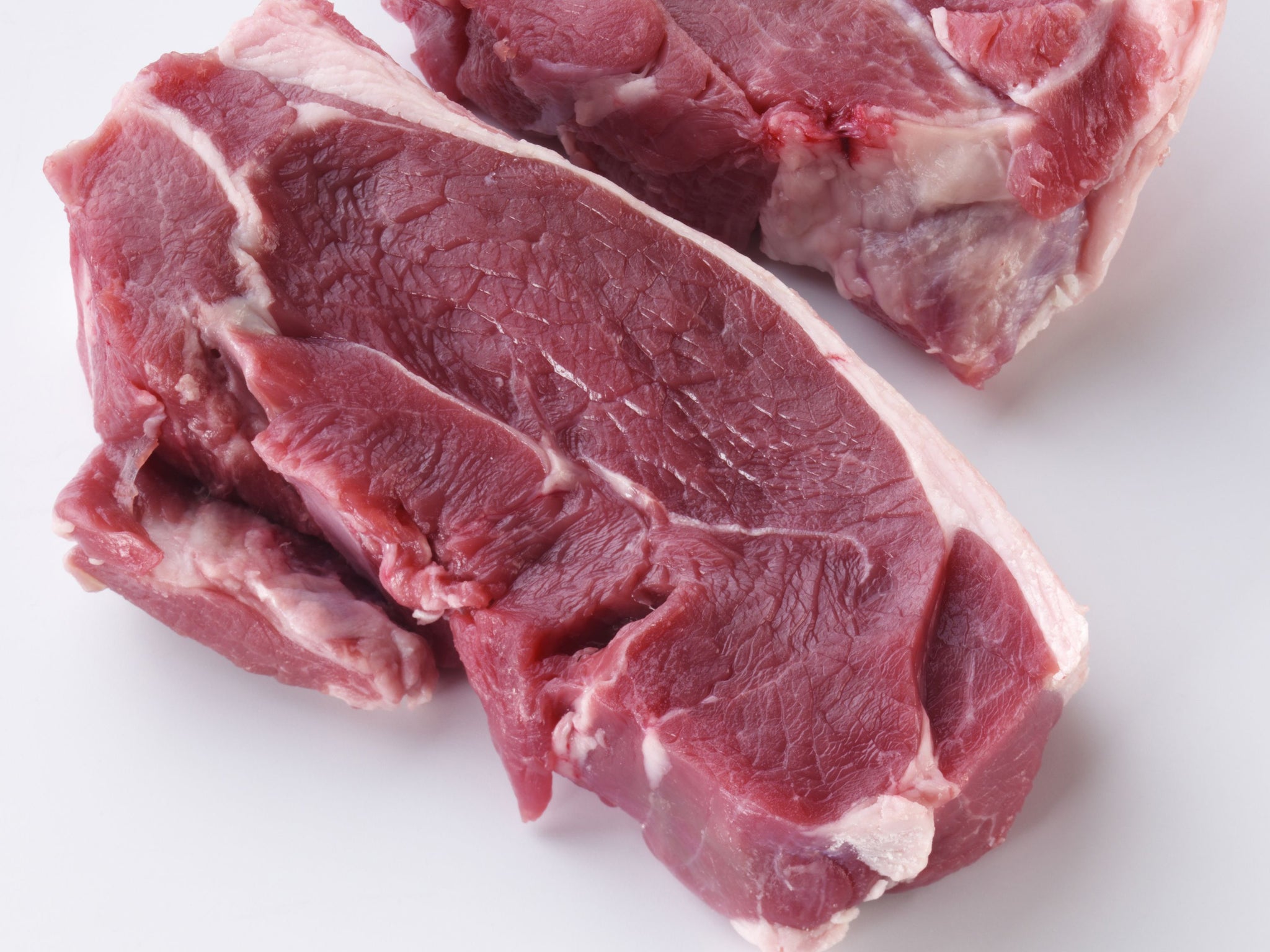Too much red meat 'can heighten the chances of developing diabetes'
Raising consumption by more than half a serving a day was associated with a 48% increase in risk over the next four years

The chances of developing diabetes can be heightened by eating large amount of red meat, according to new research.
Researchers at the University of Singapore have found that raising red meat consumption by more than half a serving a day was associated with a 48 per cent increase in the risk of developing diabetes over the following four years. In turn, lowering red meat consumption by the same amount led to a 14 per cent reduction in risk.
Scientists analysed data from three studies involving around 150,000 men and women, with diets assessed by means of food questionnaires.
Among the test group, the researchers recorded more than 7,500 cases of type 2 diabetes.
Dr An Pan, from the National University of Singapore, wrote in the journal JAMA Internal Medicine that: "Increasing red meat intake during a four year interval was associated with an elevated risk of T2DM (type 2 diabetes mellitus) during the subsequent four years..."
"Our results confirm the robustness of the association between red meat and T2DM and add further evidence that limiting red meat consumption over time confers benefits for T2DM prevention."
Commenting on the research in the journal, US expert Dr William Evans, from Duke University in Durham, North Carolina, wrote: "A recommendation to consume less red meat may help to reduce the epidemic of T2DM.
"However, the overwhelming preponderence of molecular, cellular, clinical and epidemiological evidence suggests that public health messages should be directed toward the consumption of high-quality protein that is low in total and saturated fats.
"These public health recommendations should include cuts of red meat that are also low in fat, along with fish, poultry and low-fat dairy products.
"It is not the type of protein (or meat) that is the problem: it is the type of fat."
Subscribe to Independent Premium to bookmark this article
Want to bookmark your favourite articles and stories to read or reference later? Start your Independent Premium subscription today.

Join our commenting forum
Join thought-provoking conversations, follow other Independent readers and see their replies